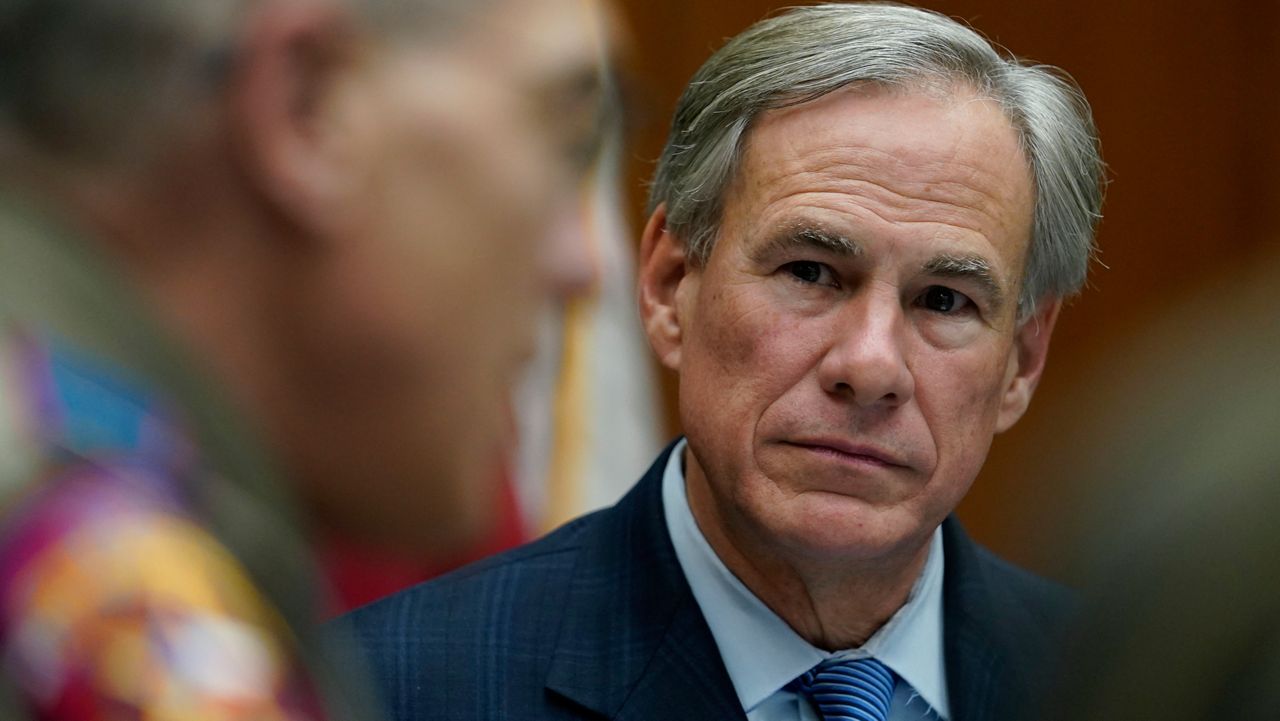TEXAS — A recent story by British tabloid The Daily Mail claims, apparently theoretically, that President Joe Biden’s plan to cut greenhouse emissions in half in the United States by 2030 involves cutting 90% of red meat from Americans’ diets.
As fact-checking website Snopes pointed out, Biden has not announced any limitations on red meat consumption. Accounts of Biden's virtual climate summit last week published by the Associated Press make no mention of mandatory meat consumption reduction.
That didn’t stop some Republican lawmakers from jumping to conclusions. Among them was Texas Gov. Greg Abbott. Abbott, tweeting out a Fox News graphic that seems to indicate that Biden’s plan would limit Americans to a maximum of four pounds of red meat per year, wrote “Not gonna happen in Texas!”
Abbott’s tweet, as of Monday morning, had received more than 8,000 replies, more than 4,000 retweets and in excess of 15,000 likes.
The Fox News graphic and Daily Mail article cite a study by the University of Michigan Department of Agriculture that discusses the effects a reduction in consumption of animal-based foods would have on greenhouse emissions. It has no connection to current policy.
A 2017 study published in the journal Carbon Balance and Management concludes that meat production is among the primary drivers of climate change, however.
During last week's virtual summit based at the White House and featuring more than 40 world leaders, Biden announced a goal to cut up to 52% of U.S. greenhouse gas emissions by 2030.
“This goal is eyebrow-raising, but it has to be," said Marshall Shepherd, a climate expert at the University of Georgia. “To move the needle on the climate crisis, we need bold actions like this rather than individual or incremental actions only.”
While new targets from the U.S. and others got mostly positive reviews, they still fall a bit short of what some scientists say is necessary to avoid a potentially disastrous 1.5 degree Celsius rise in global temperatures.
Bill Hare, director of Climate Analytics, a climate science think tank in Berlin, said his team's calculations showed the U.S. needs to reduce emissions 57% by 2030 to stay on a 1.5 degree Celsius pathway. He calls the new target “really a major improvement,” but also "not quite enough.”
The Associated Press contributed to this report.



